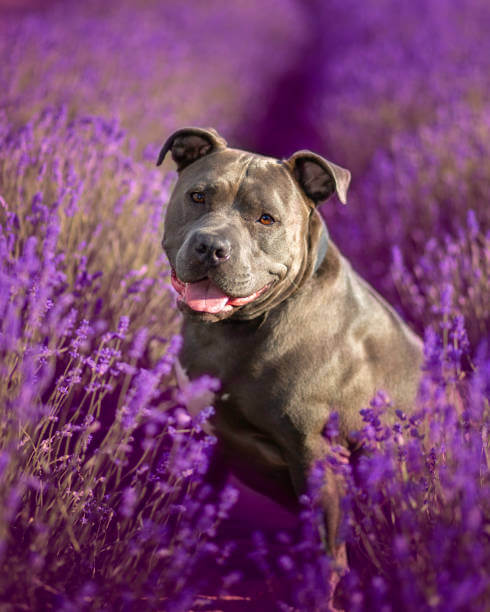
Are you curious about the fascinating world of miniature Pitbulls? Wondering how they came to be and what makes them unique? Look no further! In this article, we will delve deep into the miniature Pitbull mystery and uncover the truth behind these charming canines.
Contrary to popular belief, Miniature Pitbulls are not a specific breed. Instead, they are a mixed breed that combines the traits of the American Pit Bull Terrier and smaller companion dog breeds. This mix creates a lovable and compact version of their larger counterparts.
You might be wondering why miniature Pitbulls are gaining popularity. One reason is their size, making them more suitable for apartment living or families with limited space. Another reason is their friendly and affectionate nature, making them excellent family pets.
To understand these unique hybrids better, we will explore their temperament, exercise needs, and health considerations. We will also discuss how to find a reputable breeder and provide training tips for a happy and well-behaved miniature Pitbull.
Join us as we unravel the mystery of miniature Pitbulls and discover everything you need to know about these adorable and captivating companions. Let’s dig in!
Understanding the Miniature Pitbull breed
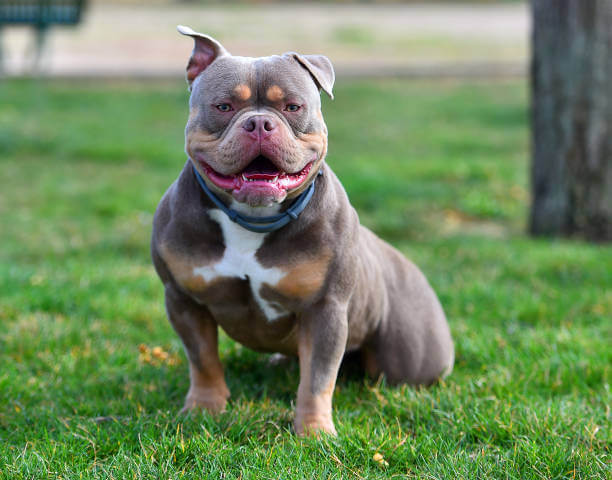
Contrary to popular belief, Miniature Pitbulls are not a specific breed. Instead, they are a mixed breed that combines the traits of the American Pit Bull Terrier and smaller companion dog breeds. This mix creates a lovable and compact version of their larger counterparts.
The Miniature Pitbull, also known as the Pocket Pitbull or Pitterstaff, inherits its physical characteristics from both parent breeds. They typically have a muscular build, similar to the American Pit Bull Terrier, but in a smaller package. Their coats can vary in color and texture, depending on the specific mix.
One of the defining features of Miniature Pitbulls is their size. They are smaller than the standard American Pit Bull Terrier but larger than most companion dog breeds. On average, they weigh between 30 to 50 pounds and stand around 15 to 18 inches tall at the shoulder. This size makes them more suitable for apartment living or families with limited space.
History and origins of the Miniature Pitbull
The history and origins of the Miniature Pitbull can be traced back to the United States, where they first gained popularity in the early 2000s. Breeders began intentionally crossing American Pit Bull Terriers with smaller companion dog breeds to create a more compact version that retained the Pit Bull’s desirable traits.
The specific mix of breeds used can vary, but popular choices include the Staffordshire Bull Terrier, French Bulldog, and Boston Terrier. These crosses aimed to reduce the size of the Pit Bull while maintaining its athleticism, loyalty, and friendly nature.
It’s important to note that the breeding of Miniature Pitbulls is not recognized or regulated by major kennel clubs or breed associations. This lack of recognition means that their breed standards and characteristics can vary from dog to dog, depending on the specific mix and breeding practices.
Debunking common misconceptions about the Miniature Pitbull
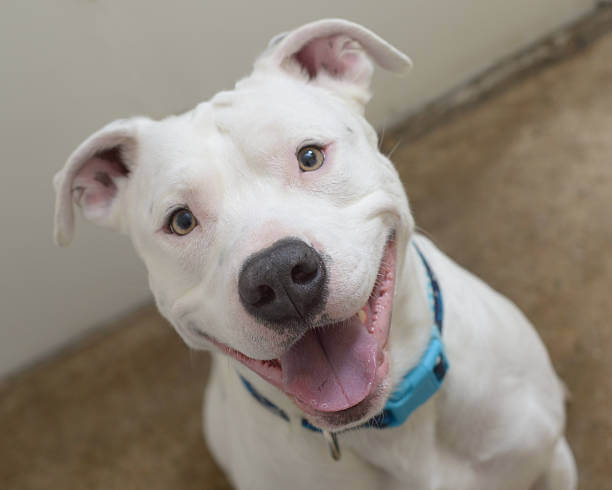
There are several misconceptions surrounding Miniature Pitbulls that need to be debunked. Firstly, some people mistakenly believe that Miniature Pitbulls are aggressive or dangerous due to their Pit Bull heritage. However, like any dog, their temperament is influenced by genetics, socialization, and training. With proper care and upbringing, Miniature Pitbulls can be friendly, gentle, and well-behaved companions.
Secondly, some people assume that Miniature Pitbulls are not suitable for families with children. This misconception stems from the perception that all Pit Bulls are inherently aggressive. However, Miniature Pitbulls can be excellent family pets when raised in a loving and nurturing environment. Early socialization and positive reinforcement training are crucial to ensure they grow up to be well-mannered and gentle around children.
Lastly, there is a misconception that Miniature Pitbulls are “designer dogs” or “fad breeds” created solely for profit. While it’s true that some breeders may take advantage of the demand for these dogs, responsible breeders prioritize the health and well-being of their dogs above all else. It is important to do thorough research and choose a reputable breeder who adheres to ethical breeding practices.
Miniature Pitbull temperament and behavior
Miniature Pitbulls are known for their friendly and affectionate nature. They are generally social dogs who enjoy being around their family members and other animals. Their loyal and loving disposition makes them excellent companions for individuals and families alike.
However, it’s important to remember that temperament can vary from dog to dog, even within the same breed or mix. Some Miniature Pitbulls may have a more dominant or independent streak, while others may be more submissive or eager to please. Early socialization and training are essential to ensure they grow up to be well-rounded and well-behaved dogs.
Proper exercise and mental stimulation are also crucial for the well-being of Miniature Pitbulls. They are energetic and active dogs that require regular physical activity to prevent boredom and destructive behavior. Daily walks, playtime, and interactive toys can help keep them mentally and physically stimulated.
Training and socialization tips for Miniature Pitbulls
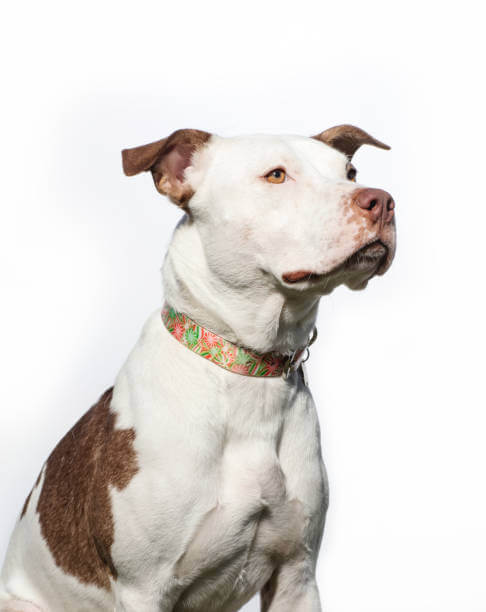
Training and socialization are key components of raising a well-behaved Miniature Pitbull. Starting early and using positive reinforcement techniques can help shape their behavior and instill good manners.
When it comes to training, consistency and patience are key. Miniature Pitbulls respond well to positive reinforcement methods such as rewards, praise, and treats. They are eager to please their owners, making them quick learners. However, it’s important to avoid harsh or punishment-based training methods, as they can lead to fear or aggression.
Socialization is equally important for Miniature Pitbulls. Exposing them to various people, animals, and environments from a young age can help them become confident and well-adjusted adults. Puppy socialization classes, supervised playdates, and controlled introductions to new experiences can all contribute to their social development.
Health considerations for Miniature Pitbulls
Like any dog breed, Miniature Pitbulls are prone to certain health issues that potential owners should be aware of. These can include hip dysplasia, allergies, skin conditions, and certain genetic diseases. However, responsible breeders strive to minimize these risks by conducting health screenings and only breeding from healthy parent dogs.
Regular veterinary check-ups, a balanced diet, and proper exercise are essential for maintaining the health and well-being of Miniature Pitbulls. It’s also important to provide them with mental stimulation and engage in activities that promote their overall fitness.
Miniature Pitbulls as family pets
Miniature Pitbulls make wonderful family pets for those who are willing to put in the time and effort to properly care for them. Their friendly and affectionate nature, combined with their manageable size, makes them suitable for families with children or individuals living in smaller spaces.
However, it’s important to note that Miniature Pitbulls may not be the right fit for everyone. They require an active lifestyle, mental stimulation, and consistent training to thrive. Potential owners should assess their ability to meet these needs before bringing a Miniature Pitbull into their home.
Finding a reputable Miniature Pitbull breeder
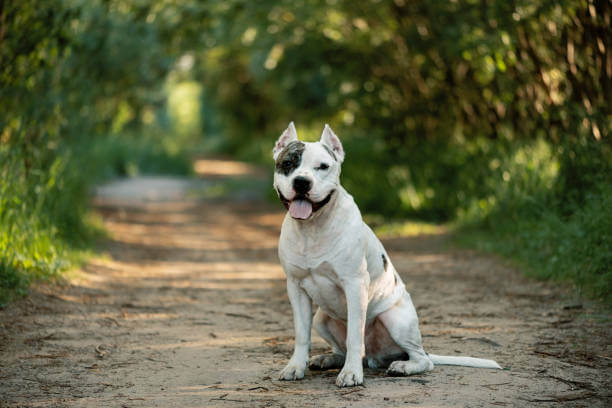
When looking for a Miniature Pitbull, it’s crucial to find a reputable breeder who prioritizes the health and well-being of their dogs. Responsible breeders conduct health screenings, provide proper care for their puppies, and are knowledgeable about the breed.
To find a reputable breeder, start by doing thorough research and asking for recommendations from trusted sources. Visit the breeder’s facility if possible and ask to meet the parent dogs to assess their temperament and living conditions. A reputable breeder will be transparent, provide health records, and be available for ongoing support and guidance.
Conclusion: The truth about Miniature Pitbulls
In conclusion, Miniature Pitbulls are not a specific breed but rather a mixed breed that combines the traits of the American Pit Bull Terrier and smaller companion dog breeds. They are charming and lovable canines that have gained popularity due to their smaller size and friendly nature.
Despite common misconceptions, Miniature Pitbulls can be wonderful family pets when raised with love, care, and proper training. They are loyal, affectionate, and enjoy being around their human companions. However, potential owners should be prepared to provide them with the exercise, socialization, and mental stimulation they need to thrive.
If you are considering adding a Miniature Pitbull to your family, remember to do thorough research, find a reputable breeder, and be prepared to invest time and effort into their care. With the right environment and upbringing, these captivating companions can bring joy and love to your life for years to come.
